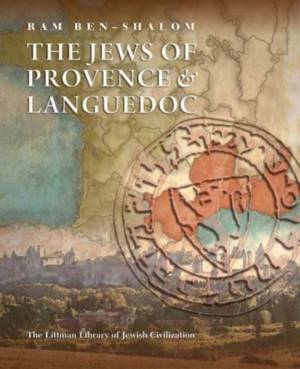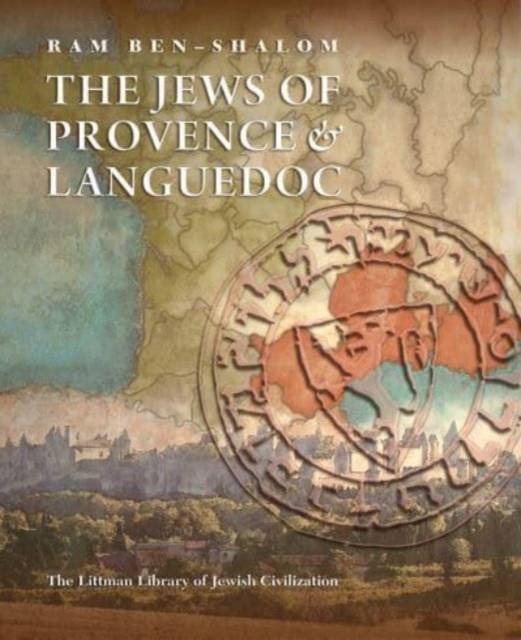
- Retrait gratuit dans votre magasin Club
- 7.000.000 titres dans notre catalogue
- Payer en toute sécurité
- Toujours un magasin près de chez vous
- Retrait gratuit dans votre magasin Club
- 7.000.0000 titres dans notre catalogue
- Payer en toute sécurité
- Toujours un magasin près de chez vous
Description
The Hebrew edition of The Jews of Provence and Languedoc, published in 2017, was awarded the Ben Zvi Institute Prize (2018) and the Am Olam Prize of the Historical Society of Israel (2019)
This exhaustive history of Provençal Jewry examines the key aspects of Jewish life in Provence--cultural, religious, political, economic, and literary--over some 1,500 years. The Jewish response to the Albigensian Crusade, the annexation of Languedoc by the Kingdom of France, and other historical events was an unprecedented cultural florescence that was to have far-reaching and enduring consequences. Crucially, it was in Provence that philosophical and scientific works were first translated from Arabic to Hebrew, allowing the Jews of Christian Europe to absorb and assimilate the achievements of the Jews of Muslim Spain. The emergence in Provence of the Maimonidean-Aristotelian philosophical school sent spiritual shock waves throughout the Jewish world, and it was also in Provence that the first esoteric teachings of kabbalah emerged. But cultural innovations went beyond the religious and philosophical: secular Hebrew poetry written by Jewish troubadors offered a glimpse of Jewish merrymaking, romanticism, and eroticism that drew criticism from the rabbis, and even allowed women's voices to be assertively raised in the public sphere. First published in Hebrew in 2017 to scholarly acclaim, this is a seminal examination of the crucial role of the Jews of Provence in shaping medieval Jewish culture in the Mediterranean basin.
Translated by Shmuel Sermoneta-Gertel.
Spécifications
Parties prenantes
- Auteur(s) :
- Editeur:
Contenu
- Nombre de pages :
- 544
- Langue:
- Anglais
- Collection :
Caractéristiques
- EAN:
- 9781786941930
- Date de parution :
- 28-07-24
- Format:
- Livre relié
- Format numérique:
- Genaaid
- Dimensions :
- 236 mm x 292 mm
- Poids :
- 1723 g

Les avis
Nous publions uniquement les avis qui respectent les conditions requises. Consultez nos conditions pour les avis.






